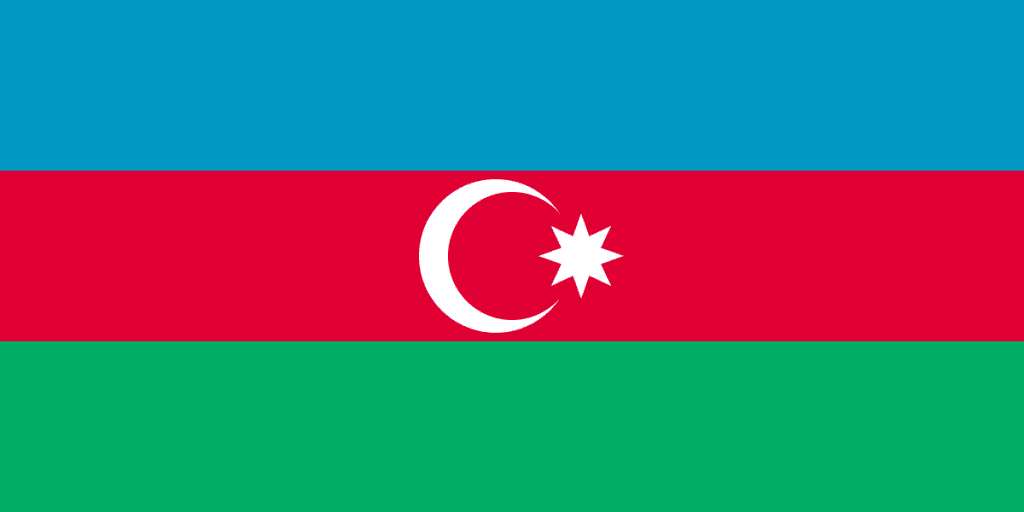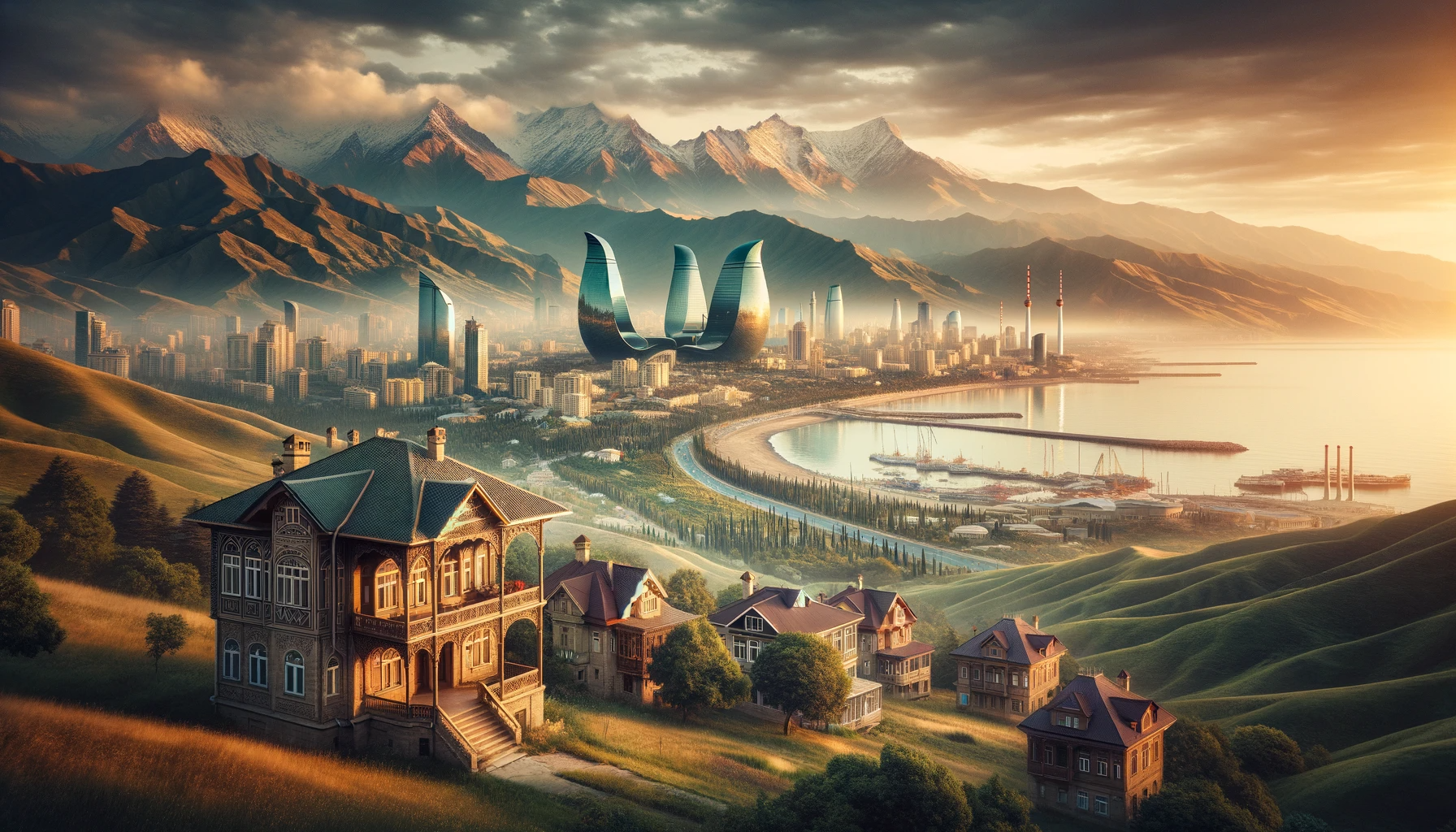Azerbaijan, a nation at the crossroads of Eastern Europe and Western Asia, is distinguished by its rich cultural heritage, significant oil reserves, and a landscape ranging from the Caspian Sea’s coastline to the Caucasus Mountains.
List of National and Public Holidays in Azerbaijan (Asia) for the year 2024
- New Year Holiday: Monday, 1 January 2024, to Tuesday, 2 January 2024
- National Mourning Day: Saturday, 20 January 2024
- International Women’s Day: Friday, 8 March 2024
- Novruz Holiday: Wednesday, 20 March 2024, to Sunday, 24 March 2024
- Ramazan Bayram Holiday: Wednesday, 10 April 2024, to Thursday, 11 April 2024
- Victory Day: Thursday, 9 May 2024
- Republic Day: Tuesday, 28 May 2024
- Salvation Day: Saturday, 15 June 2024
- Gurban Bayram Holiday: Sunday, 16 June 2024, to Tuesday, 18 June 2024
- Salvation Day Holiday: Monday, 17 June 2024
- Armed Forces Day: Wednesday, 26 June 2024
- Victory Day (Zəfər Günü): Friday, 8 November 2024
- Flag Day: Saturday, 9 November 2024
- Flag Day Holiday: Monday, 11 November 2024
- Solidarity Day of Azerbaijanis: Tuesday, 31 December 2024

Comprehensive summary:
History
- Ancient and Medieval Periods: Home to various ancient civilizations and states; part of the Persian, Arabic, and Mongol empires.
- Russian and Soviet Rule: Became part of the Russian Empire in the 19th century; later a Soviet Republic.
- Independence in 1991: Gained independence after the collapse of the Soviet Union.
- Nagorno-Karabakh Conflict: Long-standing conflict with Armenia over the Nagorno-Karabakh region.
Geography
- Location: Located in the South Caucasus region, bordering the Caspian Sea, Russia, Georgia, Armenia, and Iran.
- Land Area: Approximately 86,600 square kilometers.
- Terrain: Features include the Caucasus Mountains and the Kura-Aras lowlands.
- Climate: Ranges from dry and semi-arid to subtropical.
Economy
- Oil and Gas Resources: A key player in the global energy sector with large oil and gas reserves.
- Economic Development: Diversifying into areas like agriculture, tourism, and technology.
- Transportation Hub: Part of regional initiatives like the Baku-Tbilisi-Kars Railway.
Culture
- Languages: Azerbaijani (official), Russian, and Armenian among minority groups.
- Heritage: Rich in Persian, Turkish, and Russian cultural influences.
- Music and Art: Known for Mugham music, Ashik art, and vibrant carpets.
- Cuisine: Features dishes like Plov, Kebabs, and Dolma.
Neighboring Countries
- Russia: North
- Georgia: Northwest
- Armenia: West
- Iran: South
Social and Political Aspects
- Government: Presidential republic with recent efforts towards political reform.
- Human Rights: Faces criticism regarding media freedom and political dissent.
- Society: Emphasis on education, with a high literacy rate.
Tourism and Natural Beauty
- Baku: The capital city, known for its medieval Old City and modern architecture.
- Natural Landscapes: Offers diverse scenery from the Caspian Sea to the Caucasus Mountains.
- UNESCO Sites: Includes Gobustan National Park, famous for ancient rock carvings.
Challenges and Opportunities
- Economic Diversification: Moving beyond oil dependency.
- Regional Stability: Active in regional diplomacy and peace initiatives.
Conclusion
Azerbaijan’s unique position as a cultural and geographical bridge between Europe and Asia, combined with its rich history and natural resources, makes it a country of strategic importance and diverse beauty.

